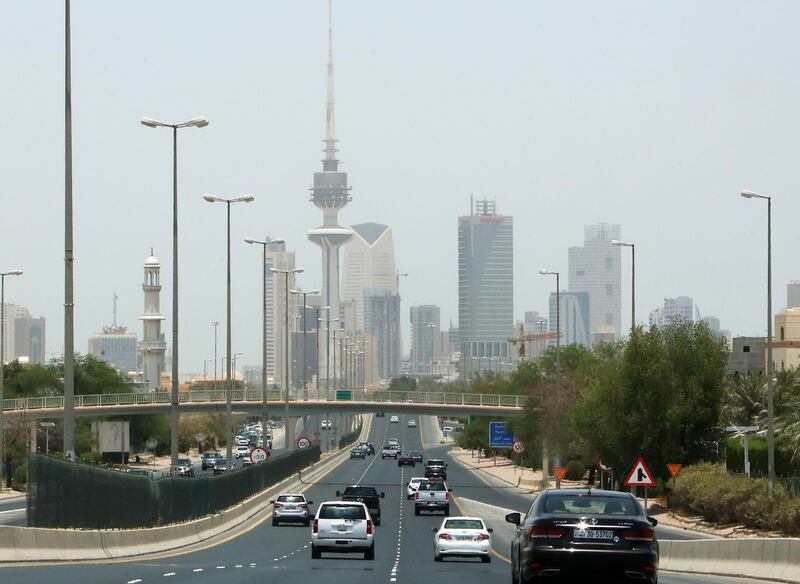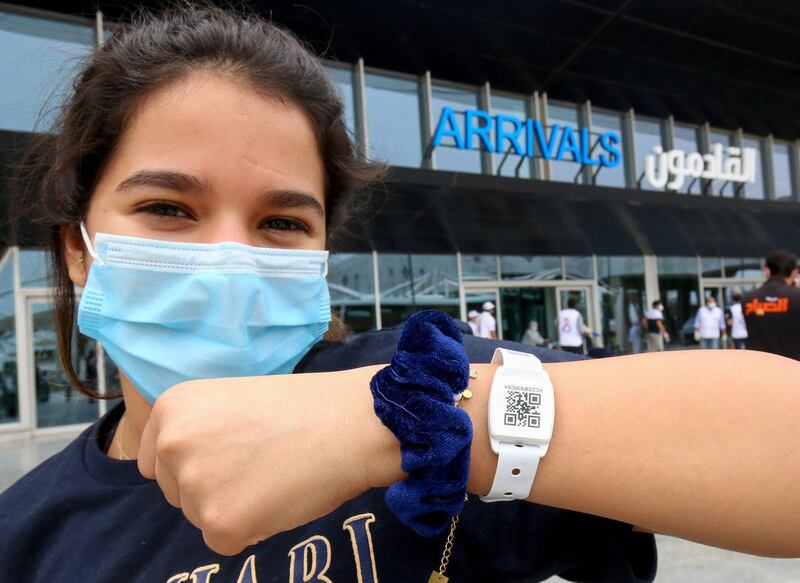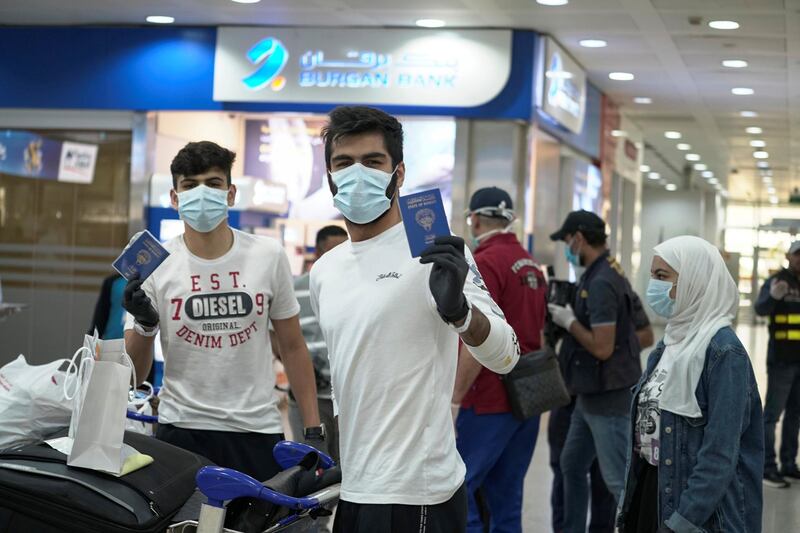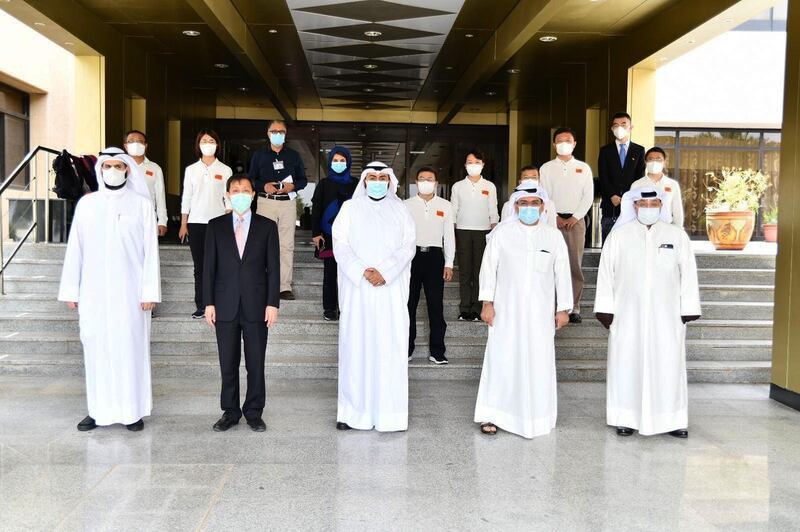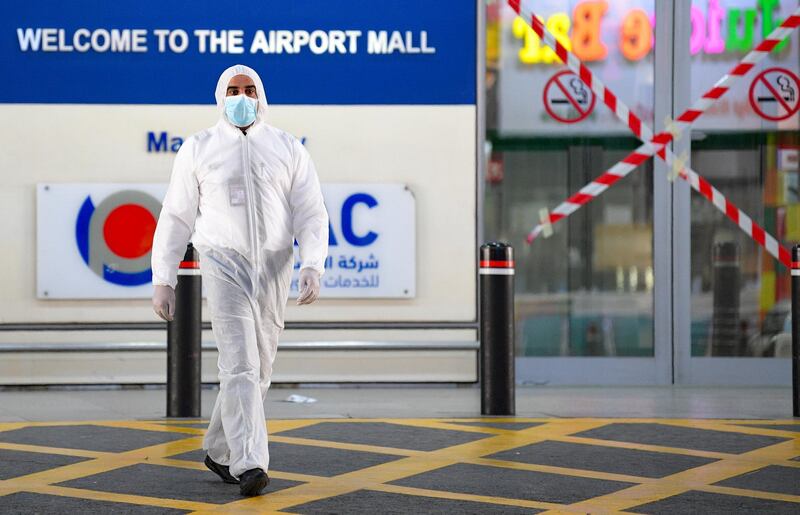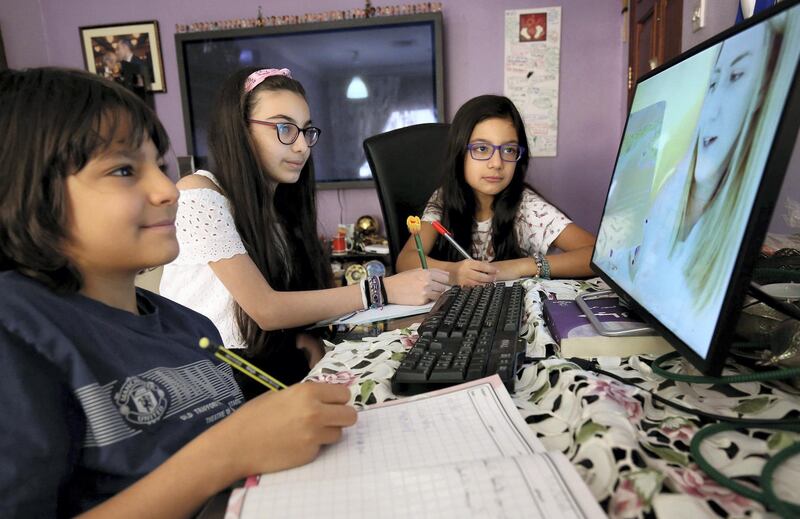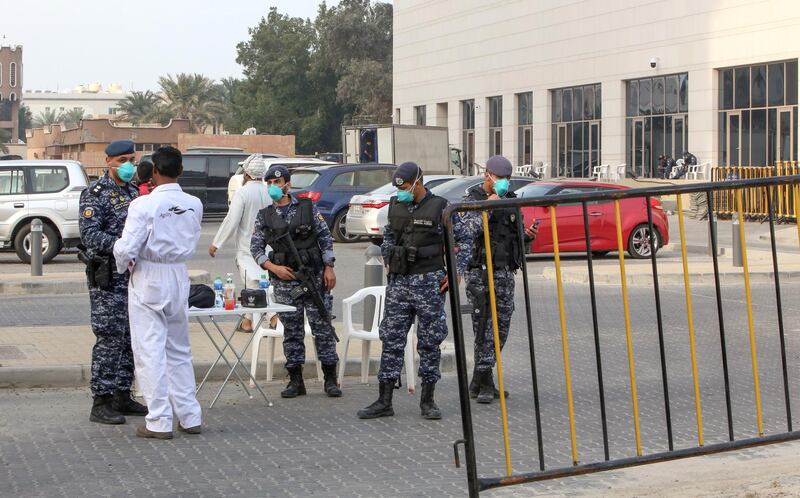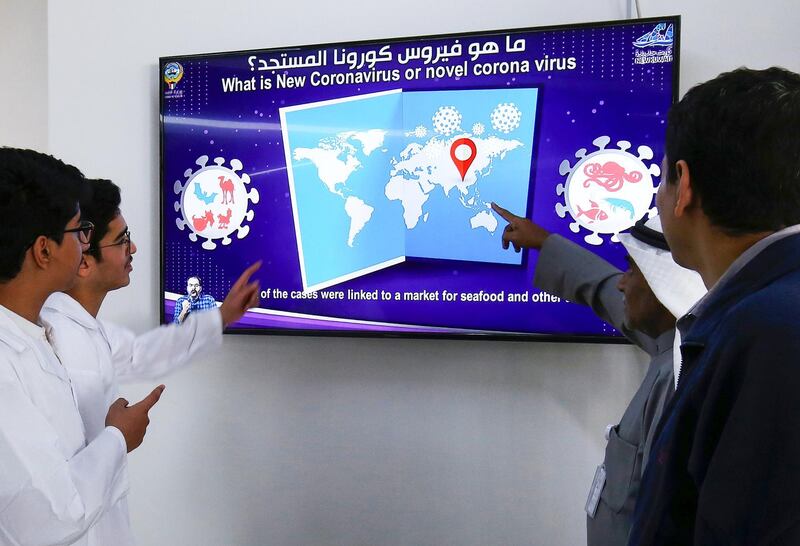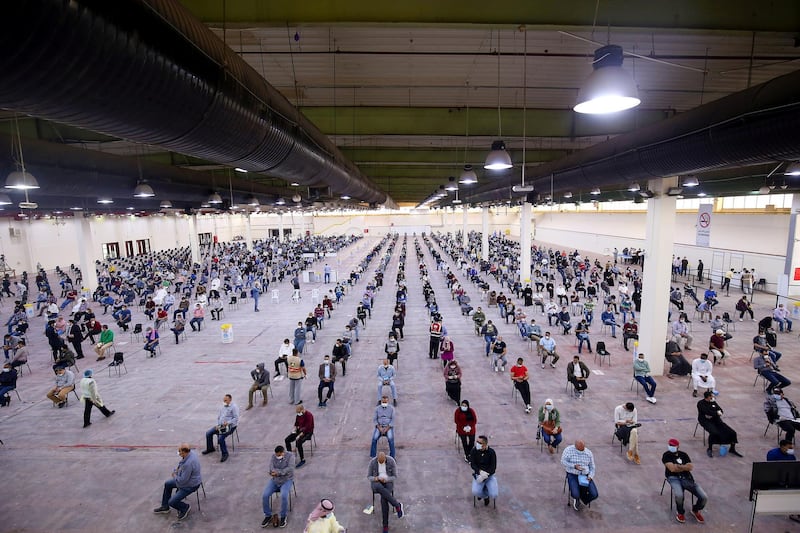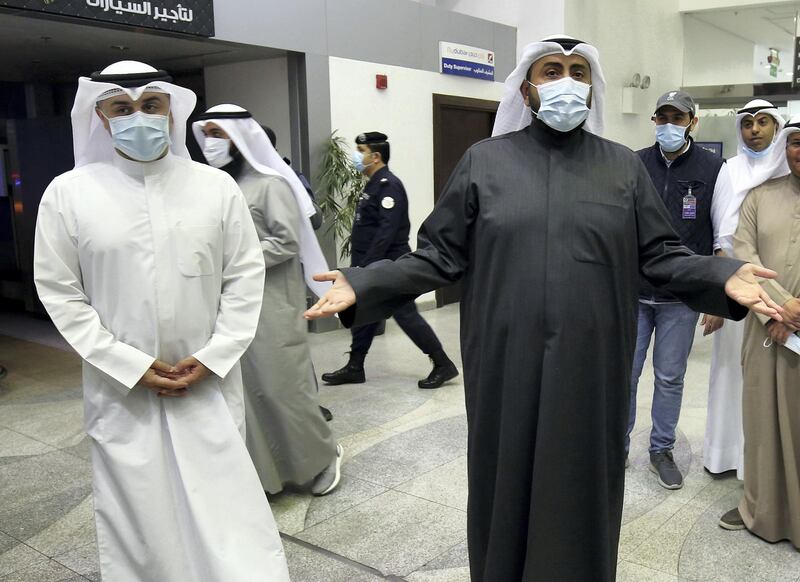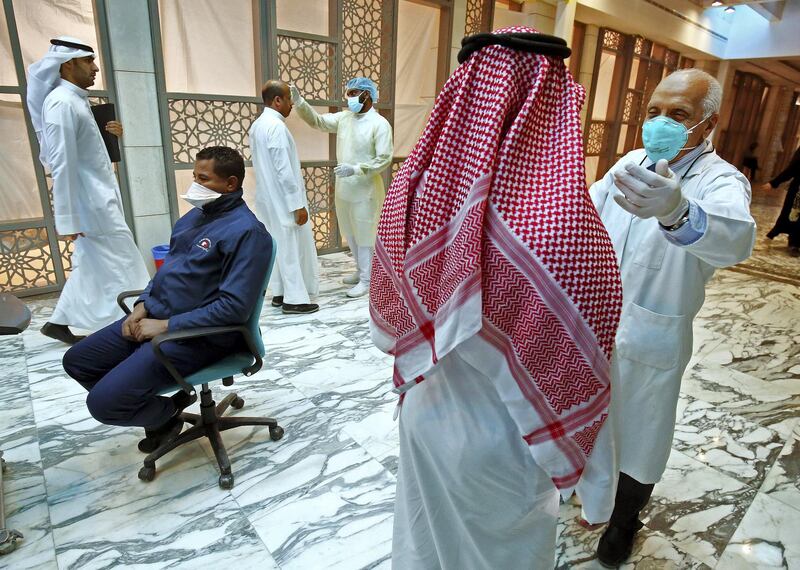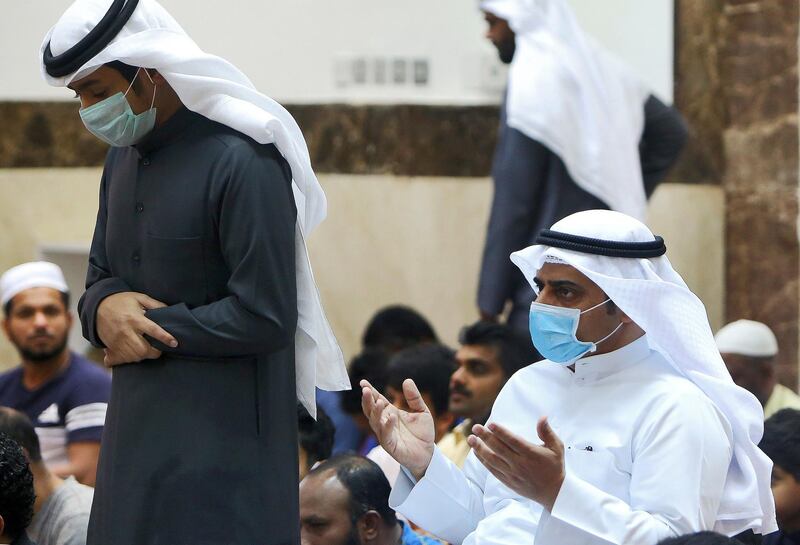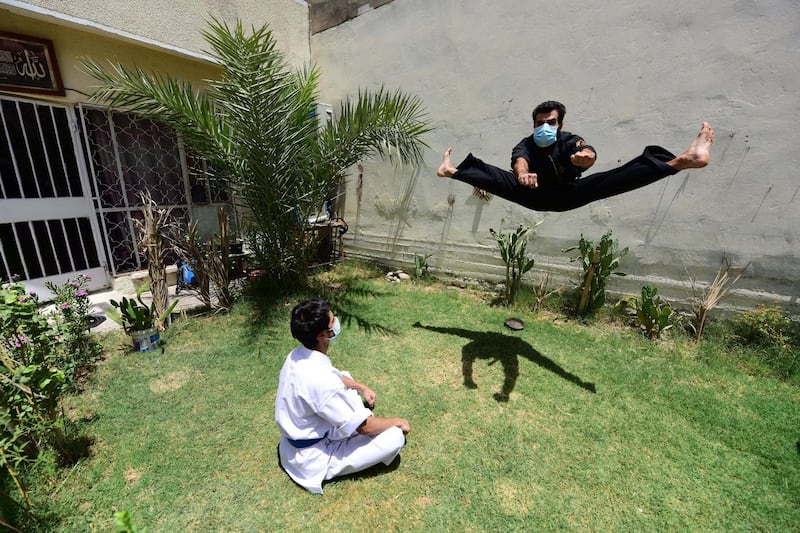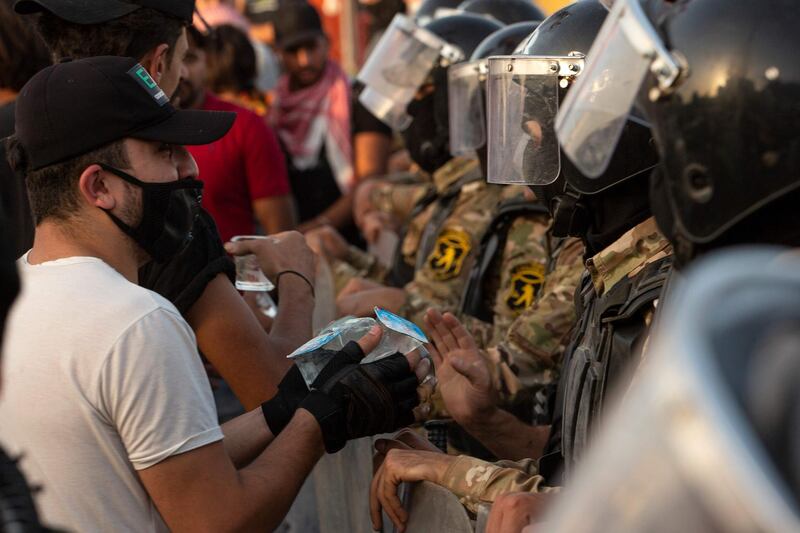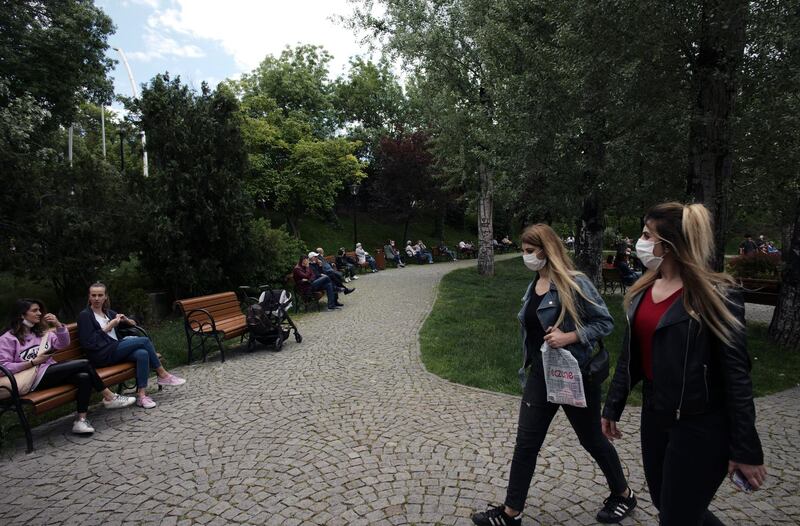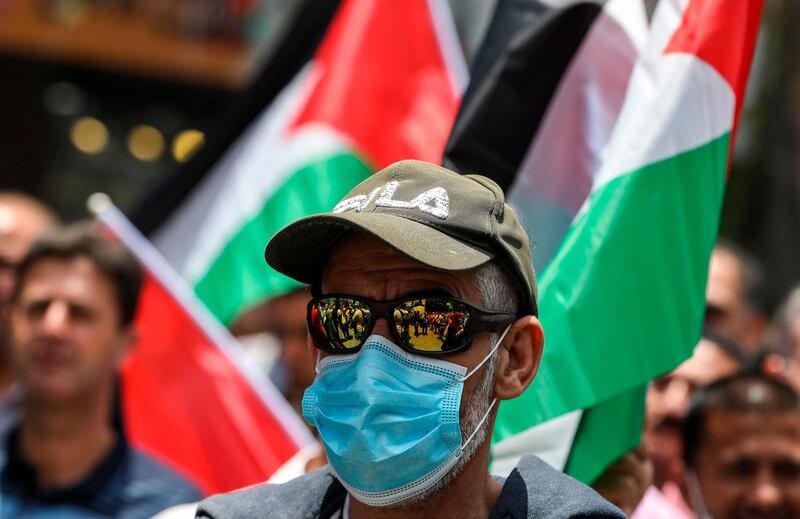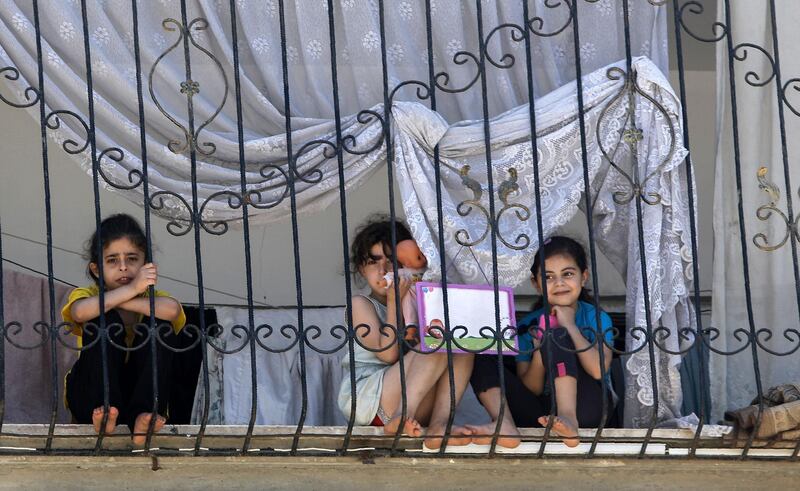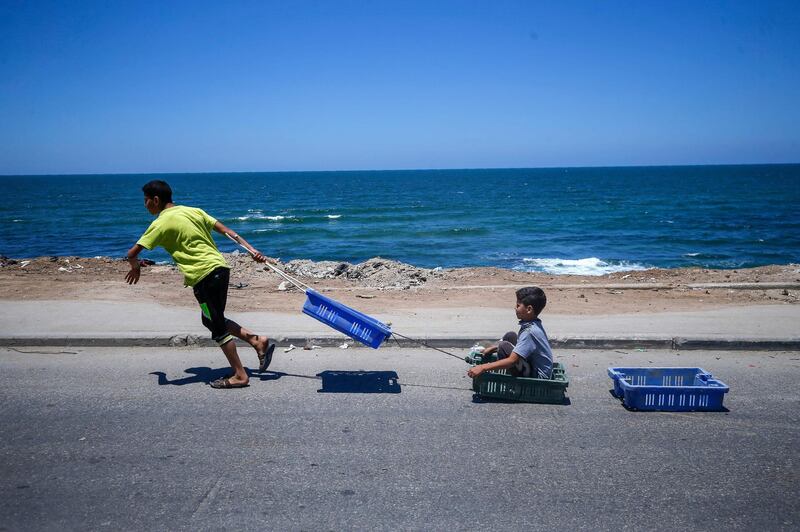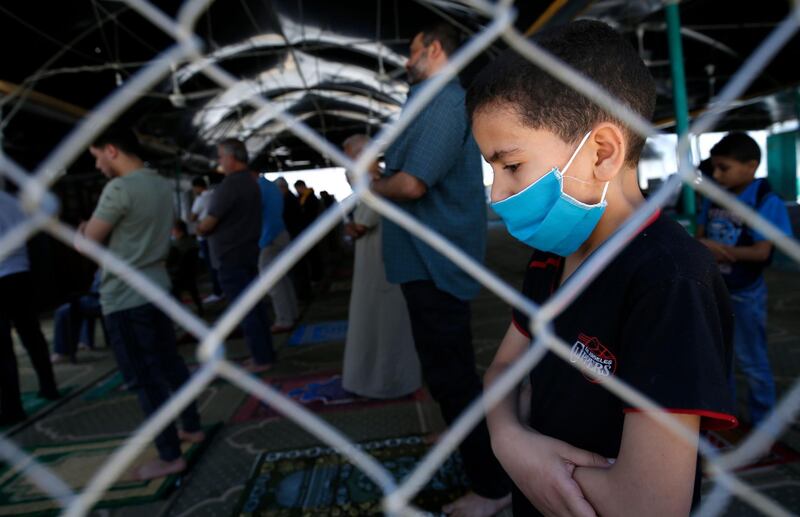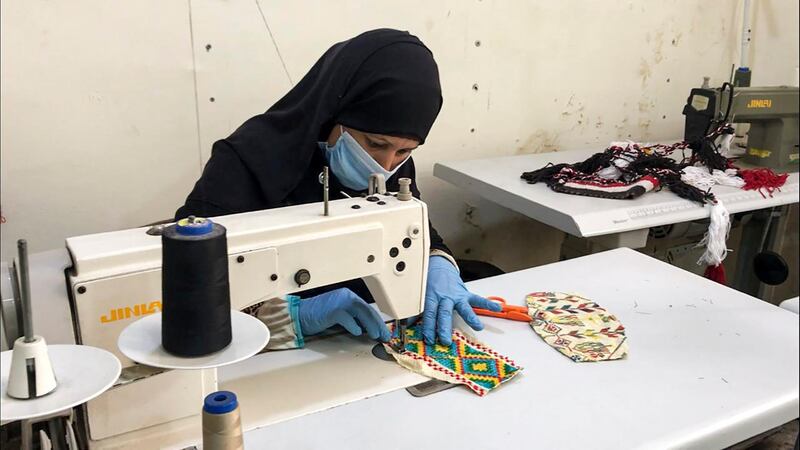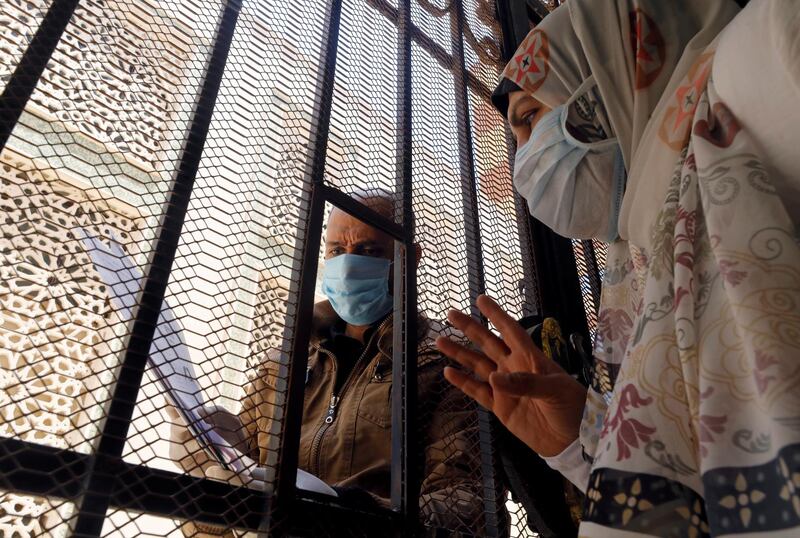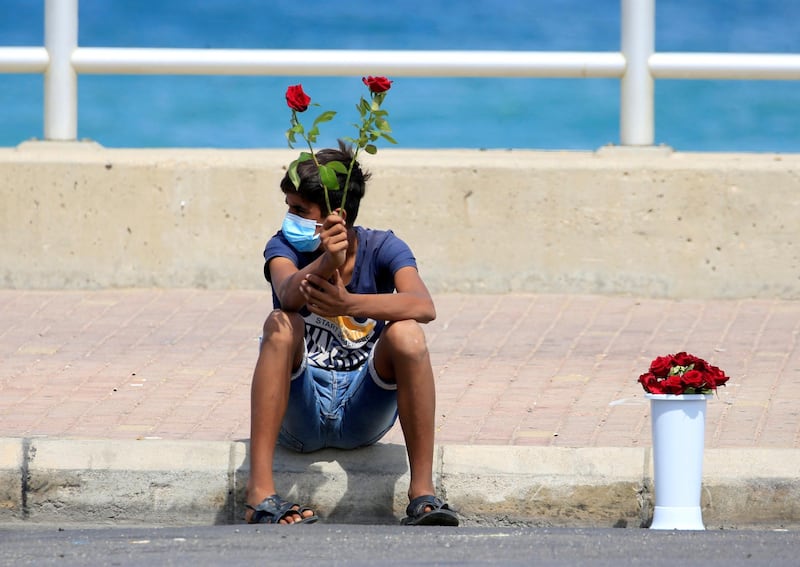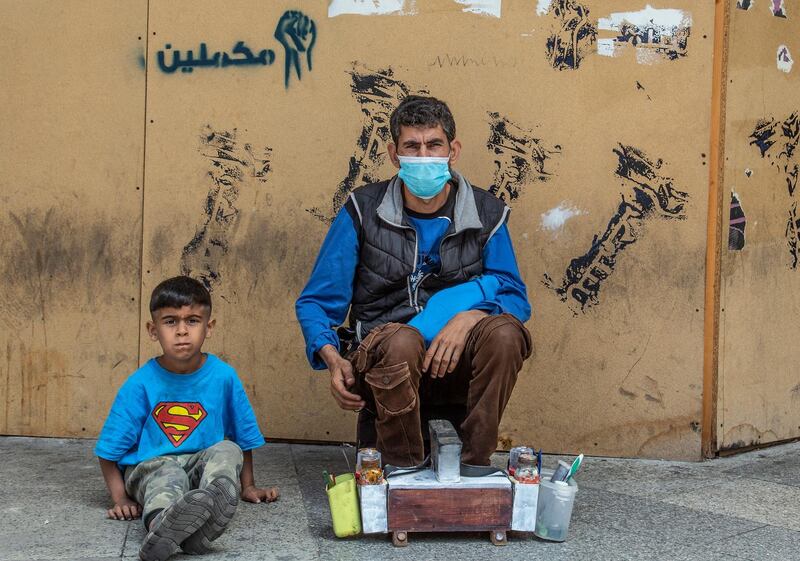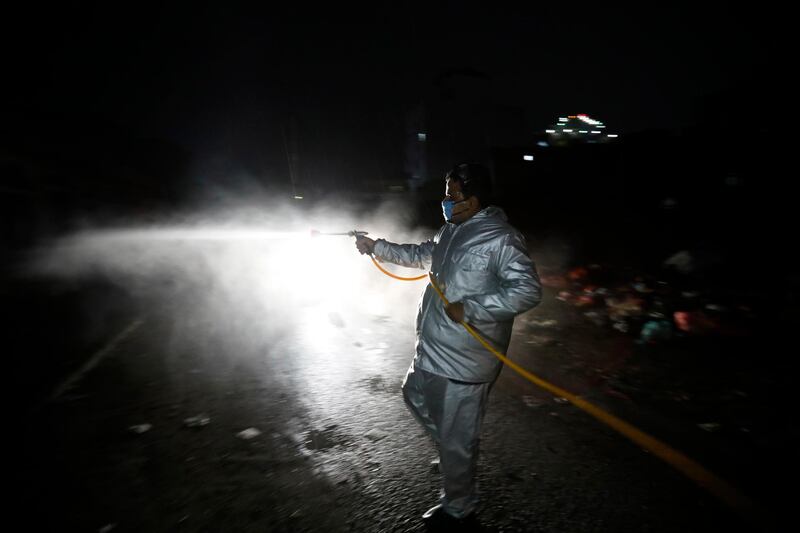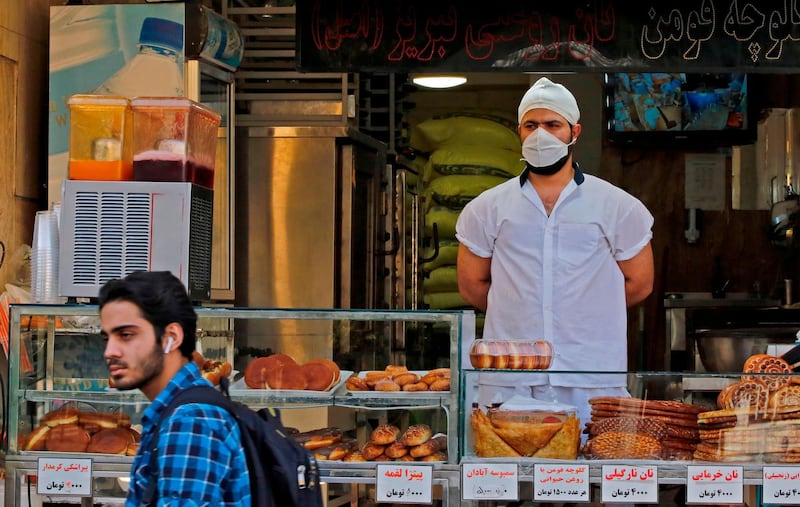Kuwait should reduce its expat population to 30 per cent from the current 70 per cent, Prime Minister Sheikh Sabah Al Khalid Al Sabah said, amid the coronavirus pandemic and a slump in oil prices.
Foreigners account for nearly 3.4 million of Kuwait’s 4.8 million people, and that’s a “big imbalance, and we have a future challenge to redress this imbalance,” Sheikh Sabah told the top editors of local newspapers.
Despite running one of the Gulf’s smallest crisis stimulus packages, top lender National Bank of Kuwait predicts the country’s shortfall will reach 40 per cent of gross domestic product in the fiscal year that started on April 1, the most since the 1991 Gulf War and its aftermath.
In his comments, the prime minister emphasised the need for Kuwait to diversify its economy away from its 90 per cent dependence on oil.
He also said two dozen companies had been referred to public prosecutors based on information they broke laws by trading in residency permits, a practice that illegally brings overseas workers into the country and transfers them between employers.
“We are responsible for everyone who lives on this land and the residency trade has exhausted the state and the services in all institutions, especially when dealing with the current situation,” he said.
Coronavirus in Kuwait - in pictures
Sheikh Sabah's comments follow a renewed push by members of parliament to reduce the number of overseas workers, particularly unskilled labour. They are proposing a quota system in addition to replacing expat government employees, estimated at 100,000, with Kuwaitis.
Parliamentary elections are scheduled for later this year, and anti-expat rhetoric is attractive to some voters, especially when it concerns well-paid government jobs. At the end of 2019, only 19 per cent of the Kuwaiti workforce was in the private sector.
Foreigners have accounted for the majority of Kuwait’s virus cases as the disease spread among migrant workers living in crowded labour camps.
While Kuwait eased its 24-hour lockdown on Sunday, some areas remain under isolation in a bid to stem the outbreak.
Kuwait’s Ministry of Health announced 562 new cases of Covid-19 on Thursday, bringing the number of infections in the country to 29,921.
Six new deaths brought the death toll to 236.
So far, 17,223 people have recovered from the infection.
